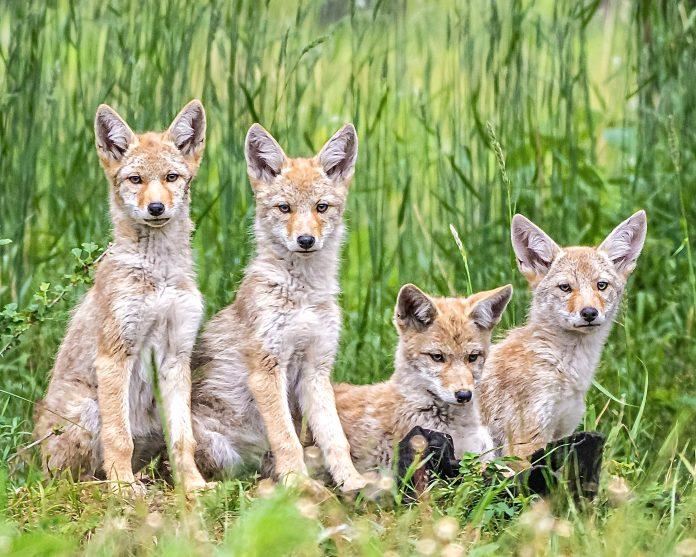
New York Is One Step Closer To Becoming The 9th State In The U.S. To Ban Wildlife Killing Contests
You can help all animals and our planet by choosing compassion on your plate and in your glass. #GoVeg
RELATED ARTICLES
Banning Cruelty: New Legislation Aims To Ban Octopus Farming In The U.S.
New bipartisan legislation has just been introduced in the U.S. to ban commercial octopus farming and prohibit imports of farmed octopus from foreign countries.
The...
Outrage In Yellowstone! Grizzly Bear Killed By Wildlife Officials & Left With Head & Paws Cut Off
Photo by: Trisha McFarland / Cowboy State Daily
A photo of a dead grizzly bear with its head and paws cut off has caused an...
Inside Florida’s Illegal Horse Meat Trade: Undercover Footage Shows Racehorse Being Shot & Butchered
A heart-wrenching discovery of illegal horse slaughter has emerged, with video footage exposing the tragic killing of a racehorse named 'Funny Biz,' who was...
Popular stories
News
Beyond Meat Launches New Beyond Meatballs Throughout The U.S. & Offers Free Food At Opening Of Pop-Up Shops In L.A. & NYC Tomorrow
To commemorate the launch of Beyond Meatballs, which will be rolling into grocery stores throughout the United States beginning this week, Beyond Meat is offering...
News
Mexico Becomes The First Country In North America To Ban The Testing Of Animals For Cosmetics
On Thursday, the Senate of Mexico voted unanimously with 103 votes to approve reforms to the General Health Law. The reforms will prohibit the use...
News
Promising News As Three Orphaned Black Bears Are Rehabilitated And Released Back Into The Wild In Arizona
Three juvenile male black bears were thankfully released back into their natural habitat on June 13th by biologists from the Arizona Game and Fish...


